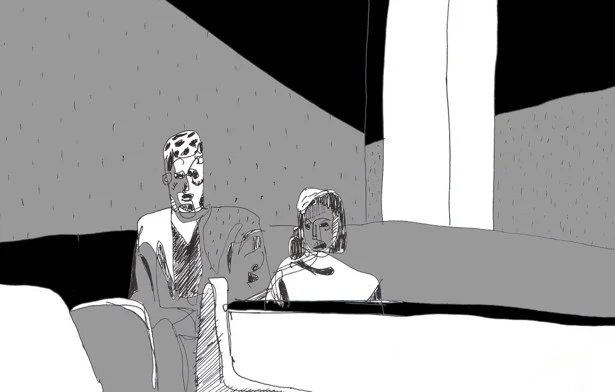Payam Ghassemlou MFT, Ph.D. explains how bodies, in particular the bodies of gay kids, can be affected by oppression. It's a useful read for anyone interested in stress, trauma, or the somatic/psychological effects of prejudice.
"In other words, under a daily homophobic assault, a child’s sympathetic system (“stress response” or “fight or flight” response) gets overly activated. Often during such stressful situations, neither fighting nor fleeing can resolve the overwhelming situation, and the thwarted or incomplete fight and flight responses can become “trapped” within the body and dysregulate the nervous system. Such a dysregulated nervous system is more likely to get stuck on “high” or hyper-arousal. Anxiety, panic attacks, rage, hyperactivity, mania, hypervigilance, sleeplessness, exaggerated startle response, digestive problems, and many other symptoms are the result of a dysregulated nervous system that is stuck on “high” or hyper-arousal."
http://drpayam1.blogspot.com/2018/08/a-somatic-perspective-on-trauma-of_18.html

















